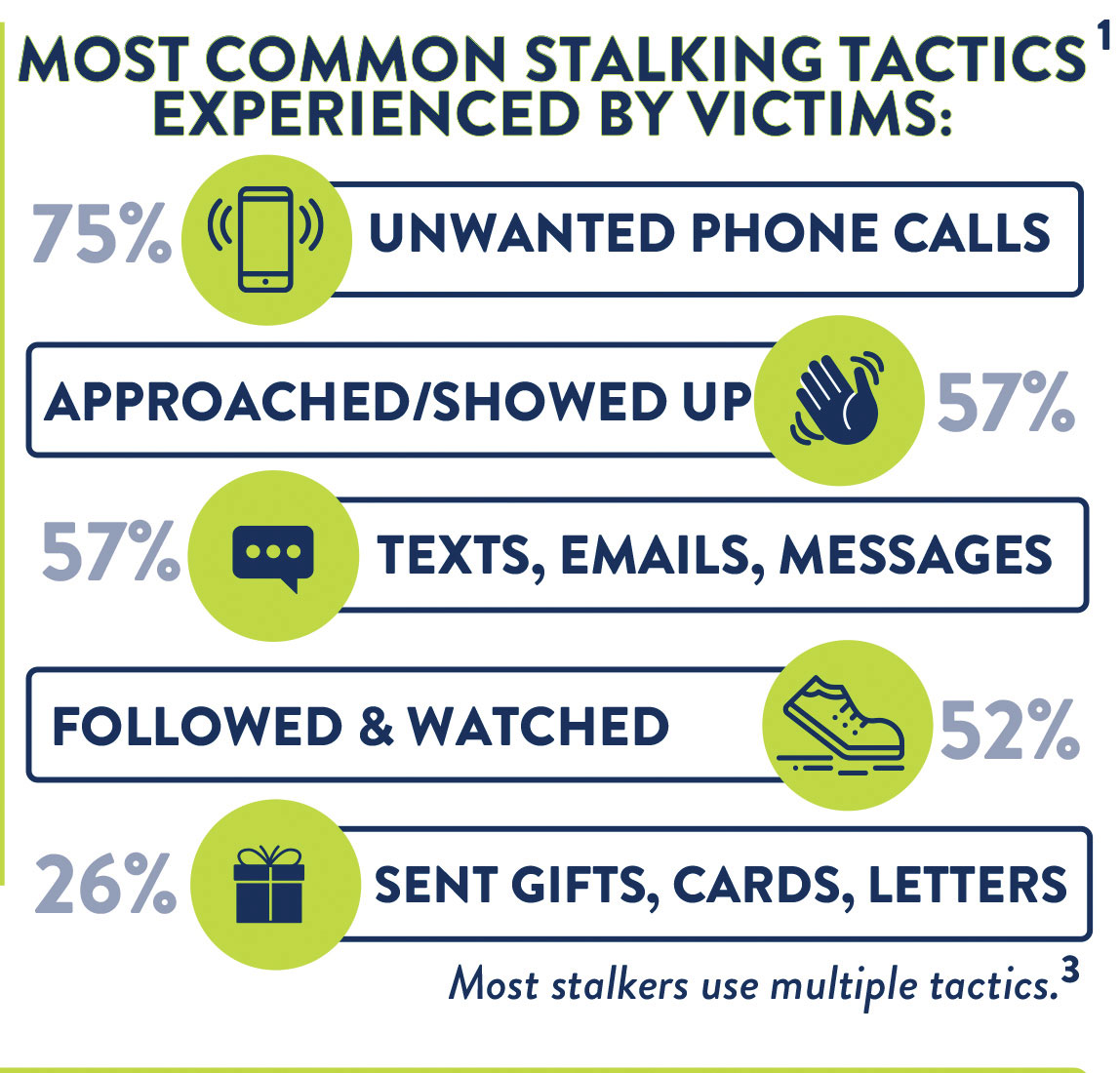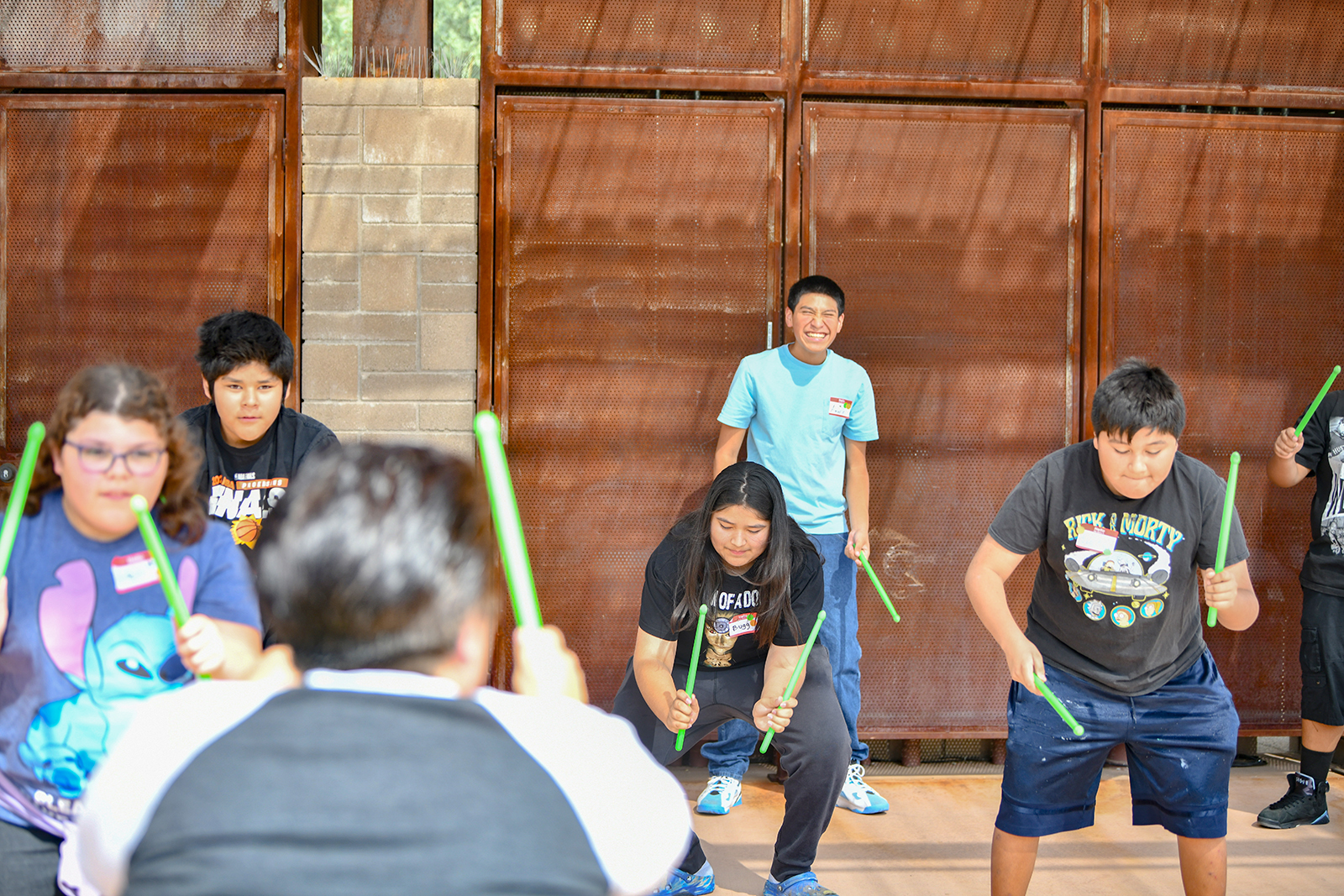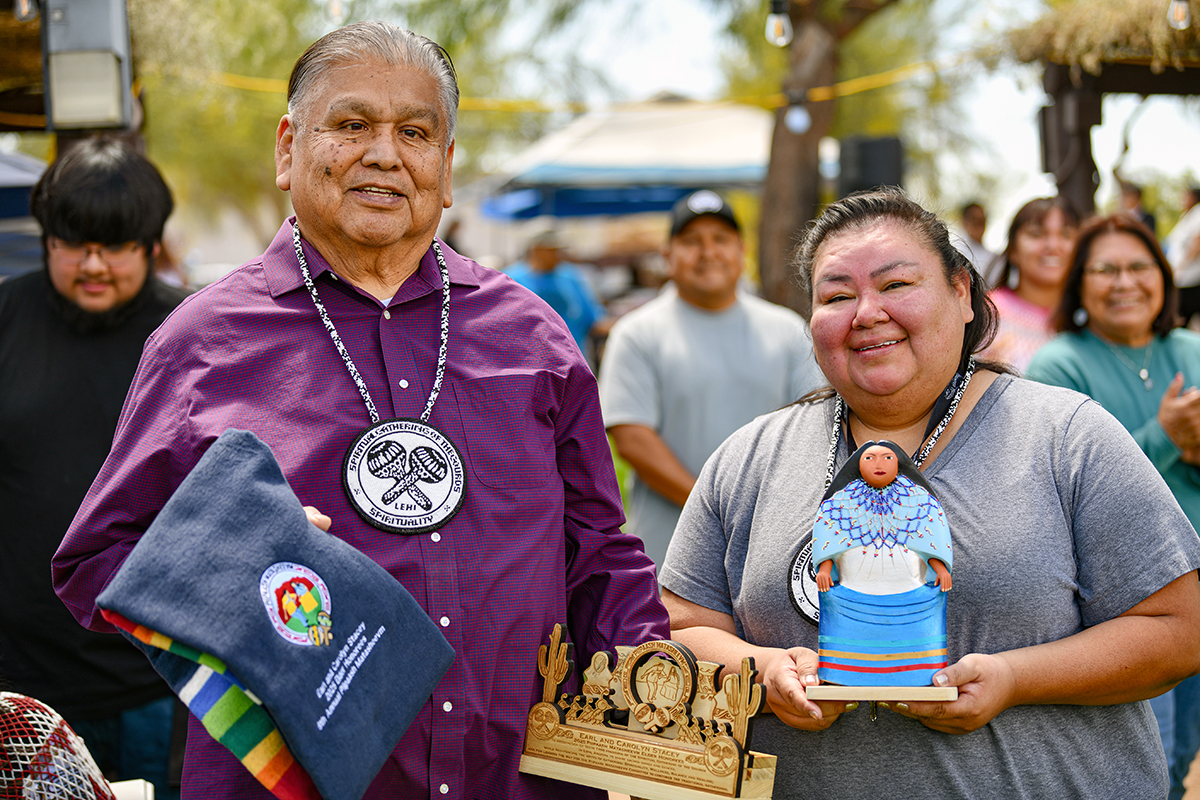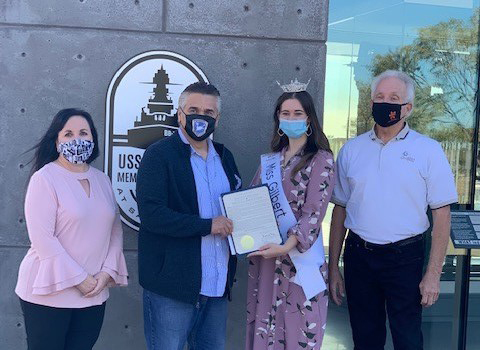VIEWS: 2492
January 18, 2023January Is National Stalking Awareness Month
January 2023 marks the 19th annual National Stalking Awareness Month, a time to shine a light on the crime of stalking. According to the White House Proclamation on National Stalking Awareness Month at www.whitehouse.gov, more than 3 million people ages 16 and older are victims of stalking each year, whether it happens in person or online.
Boosting awareness of stalking and how to prevent it can help everyone live free from fear, intimidation and threats to their physical safety and emotional well-being.
The March 2022 reauthorization of the Violence Against Women Act (VAWA) by the Biden Administration will help increase resources and support for law enforcement to investigate and prosecute stalkers and other offenders of gender-based violence.
According to the proclamation, the VAWA Reauthorization “extends legal protections for survivors as well as access to transitional housing when they flee unsafe homes. It expands recognition of Tribal courts’ jurisdiction over non-Native perpetrators to include stalking, sexual assault, child abuse and sex trafficking. Additionally, VAWA calls on the Attorney General to develop a national strategy to address the rising rate of cybercrimes, including cyberstalking.”
What Is Stalking?
Stalking is a pattern of behavior directed at a specific person that would cause a reasonable person to fear for the person’s safety or the safety of others or to suffer substantial emotional distress. A pattern of behavior consists of two or more incidents in which the stalker forces unwanted contact using various tactics: phone calls, text messages, contact via social media, unwanted gifts, showing up or approaching an individual or their family and friends, monitoring, surveillance, property damage and threats.
Anyone can be a victim of stalking. For the majority of stalking victims, the perpetrator is someone they know: a current or former intimate partner, an acquaintance or a family member.
For upcoming informational events on stalking awareness, contact Community Health Educators Vurlene Notsinneh-Bowekaty or Melanie Nosie in the Department of Health Services Intervention Services at (480) 362-2706.







